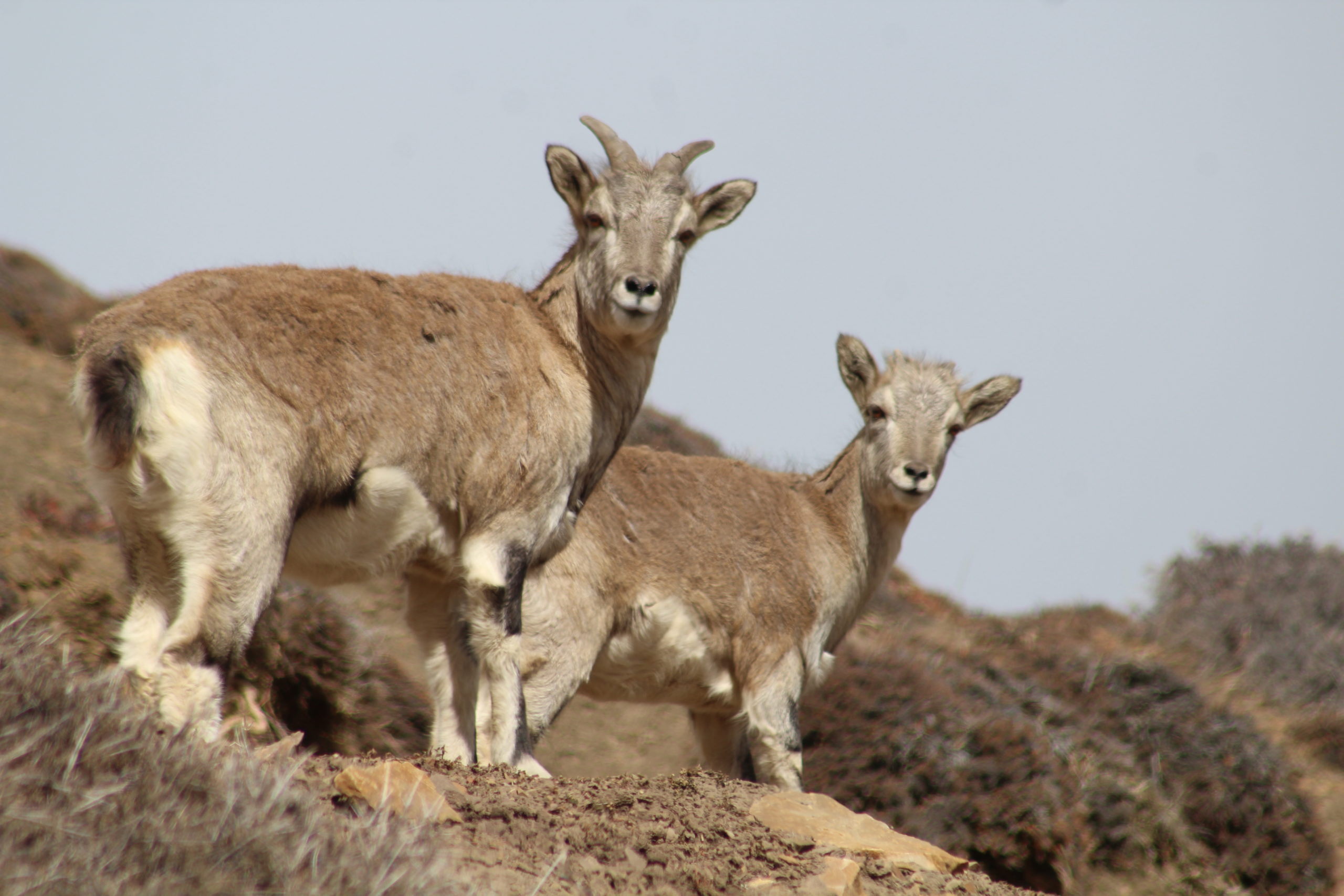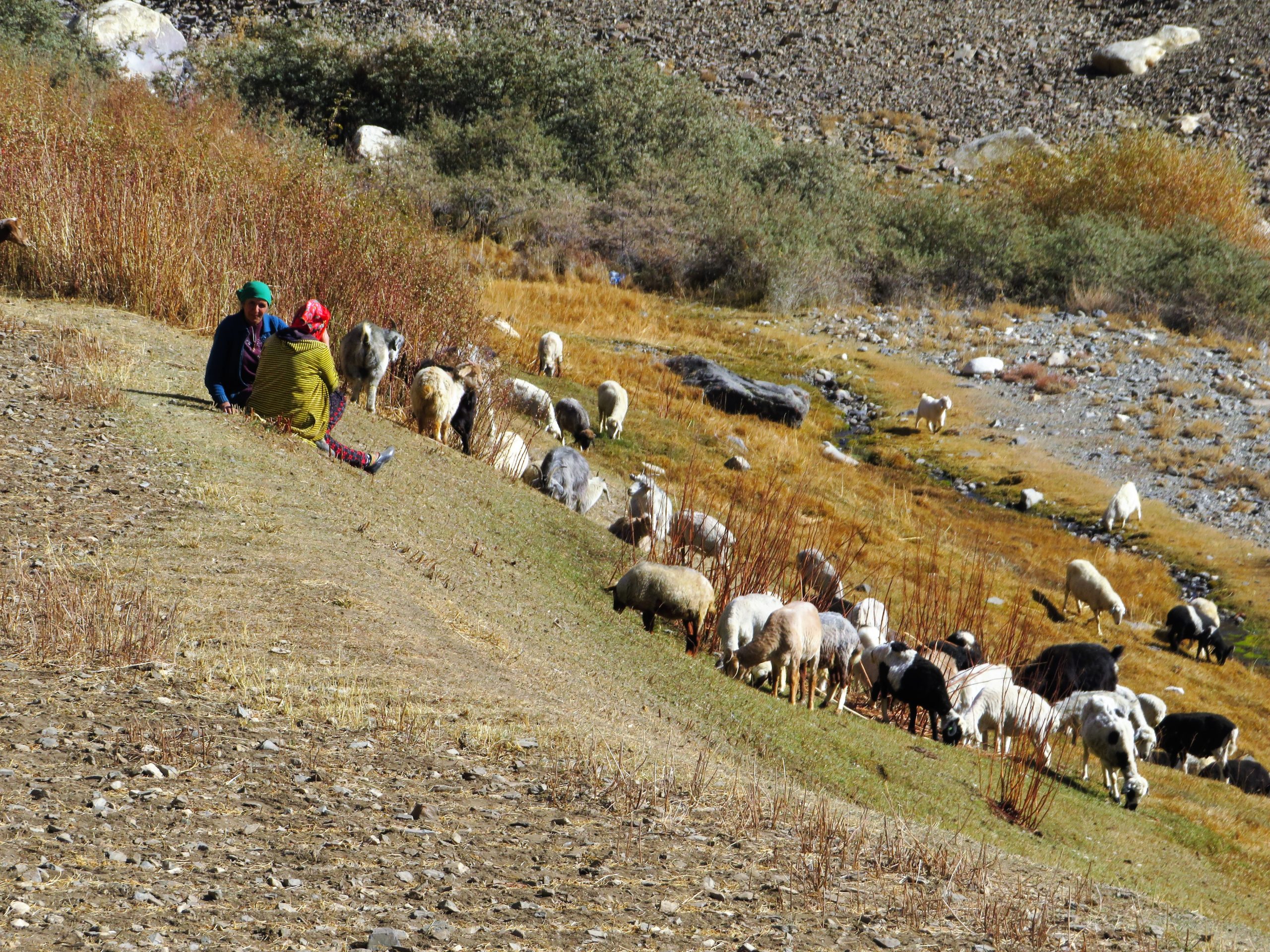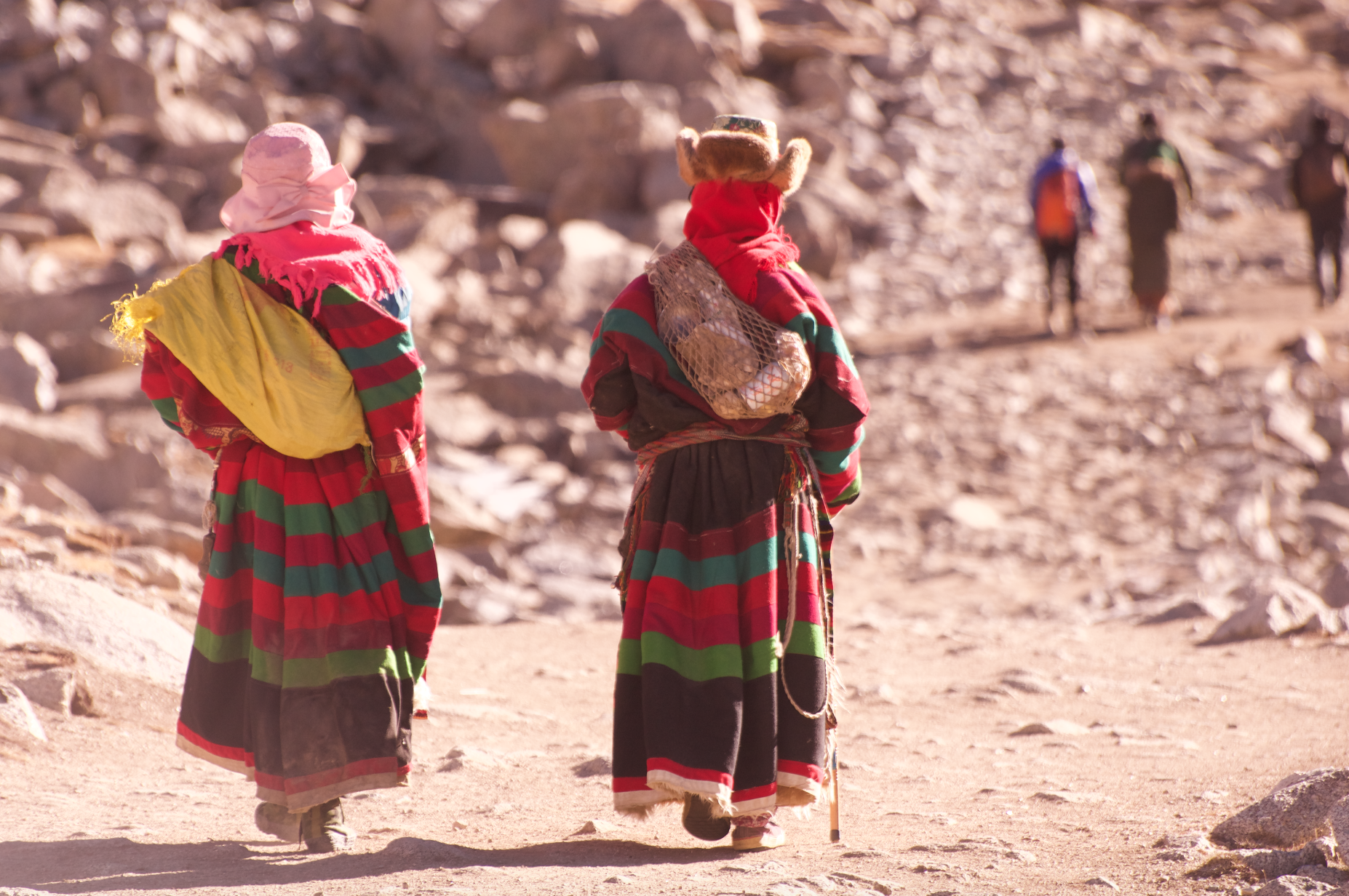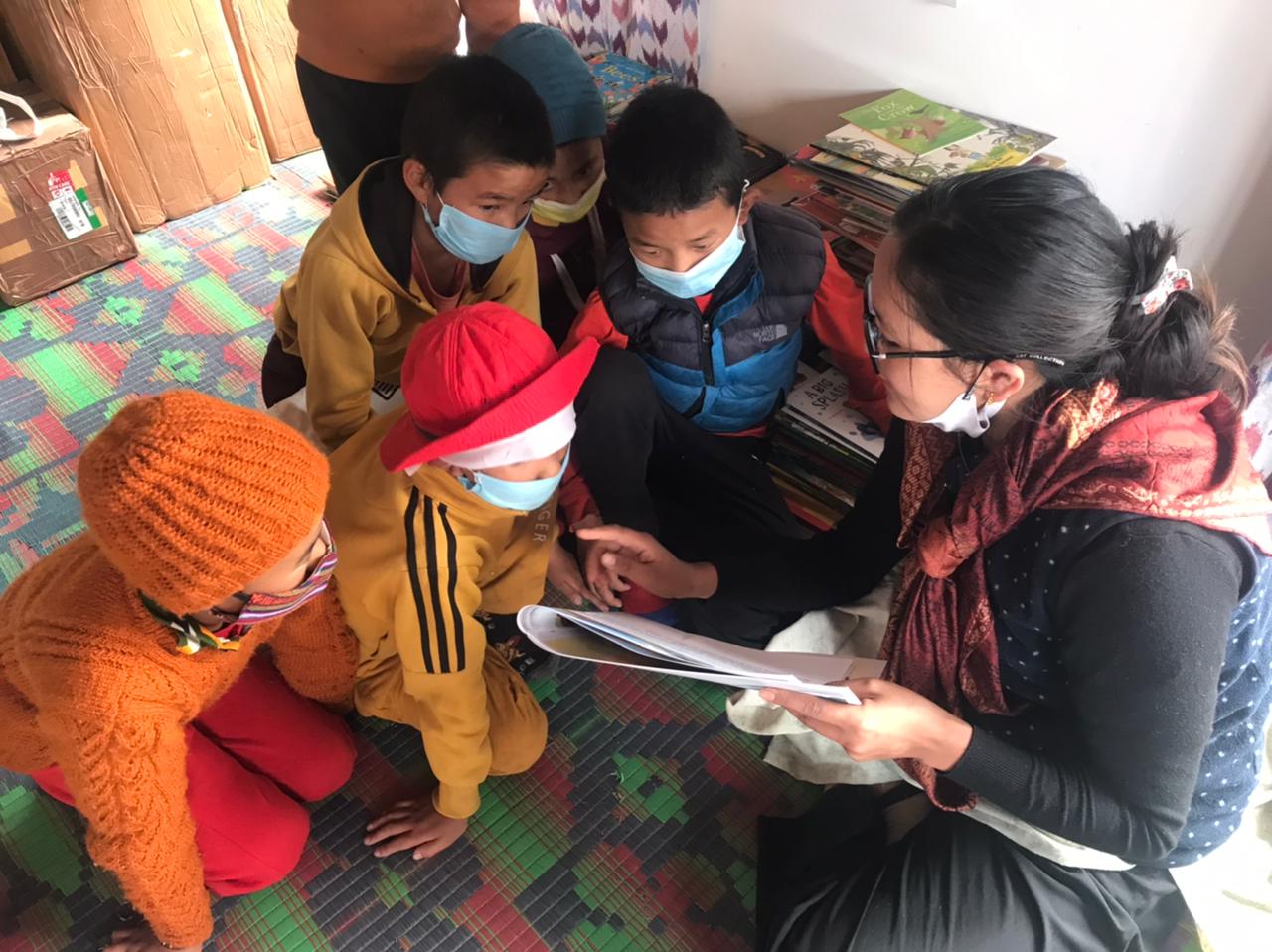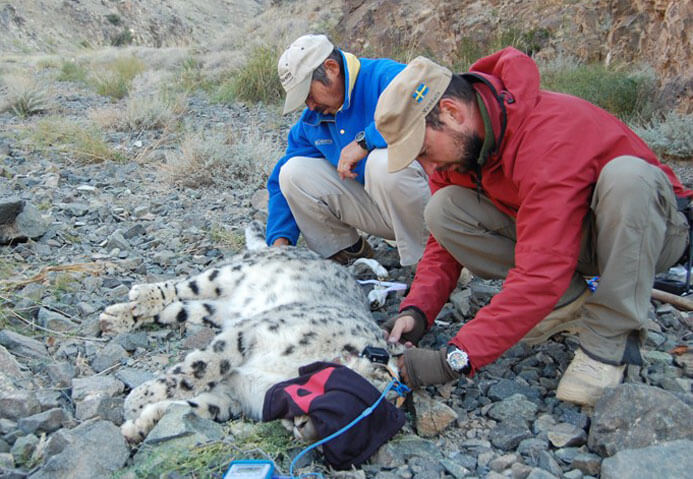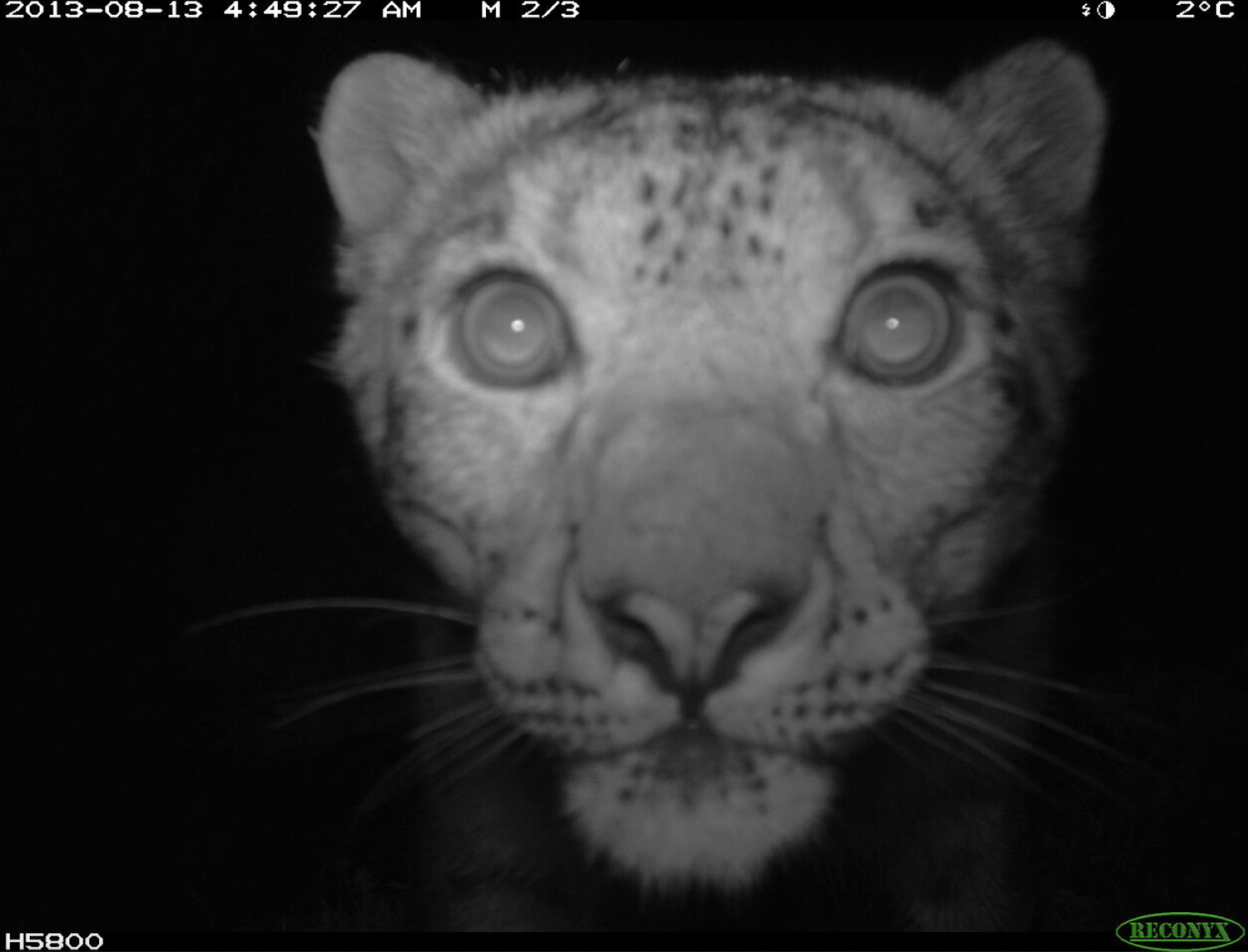Hosted by Dr. Munib Khanyari
Asia’s mountain ungulates play an important role in maintaining ecosystems by influencing vegetation structure and nutrient cycling. There is a need for more information about the population status of these ungulates, which carries special significance in the protection of the snow leopard across its range. This session will explore a range of mountain ungulate monitoring and conservation approaches. Dr. Munib Khanyari will facilitate the session. He works with the Nature Conservation Foundation as a Program Manager. He works primarily across the Trans-Himalayan region of India, aiming to build positive human-nature relationships.

